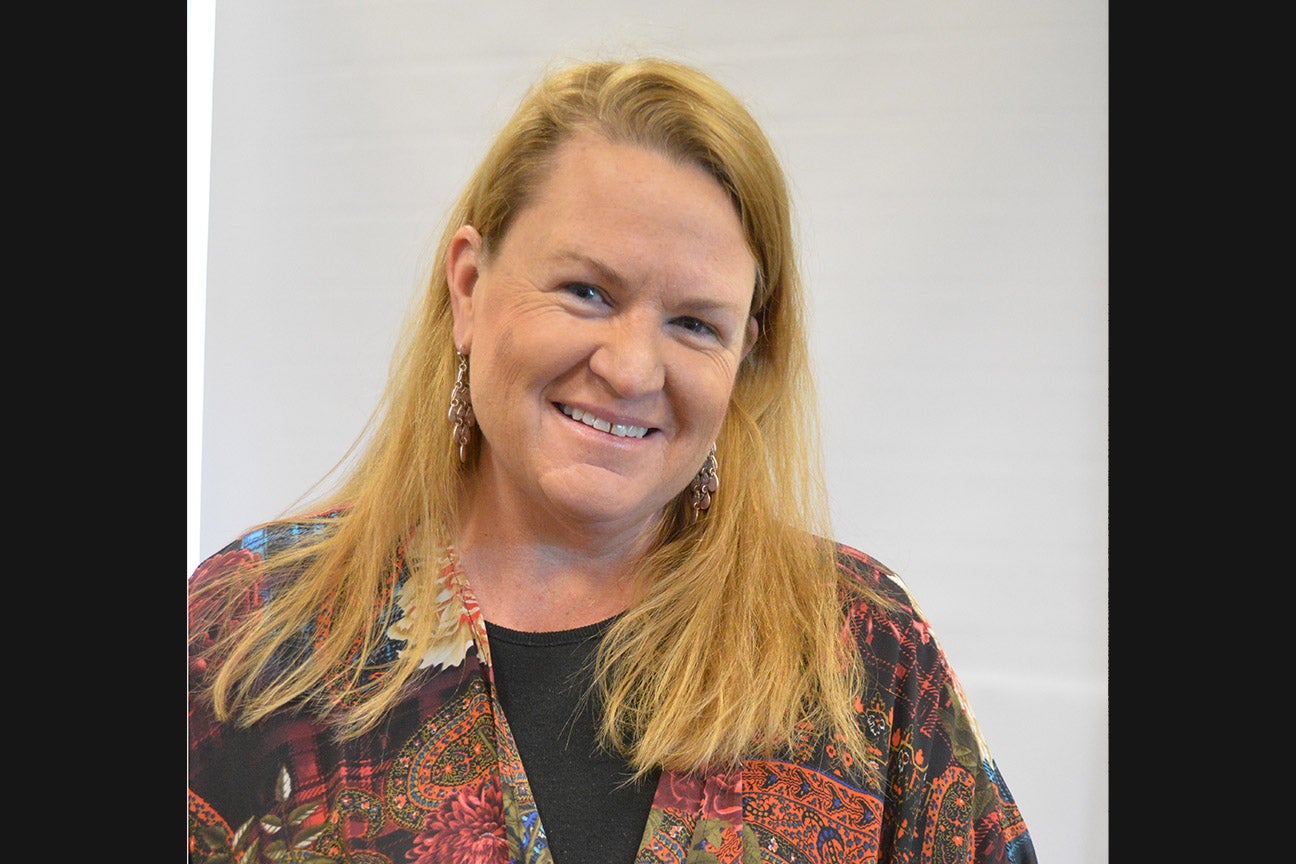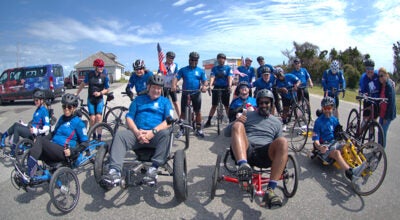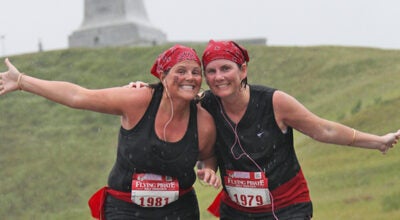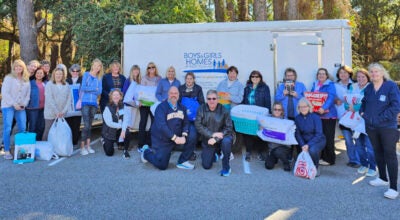Dealing with the coronavirus crisis: Tips for children and adults
Published 7:16 am Thursday, March 26, 2020

- Dr. Sheila Davies, director of Dare County Department of Health and Human Services. Mary Helen Goodloe-Murphy photo
|
Getting your Trinity Audio player ready...
|
Children need special attention during the coronavirus crisis. Dare County Public Health Director Sheila Davies has provided some tips for talking with children about the virus.
– Remember that children will react to both what you say and how you say it. They will pick up cues from the conversations you have with them and with others.
– Make time to talk. Be sure children know they can come to you when they have questions.
– Remember that viruses can make anyone sick, regardless of a person’s race or ethnicity. Avoid making assumptions about who might have COVID-19.
– Give children information that is truthful and appropriate for the age and developmental level of the child.
– Talk to children about how some stories on COVID-19 on the internet and social media may be based on rumors and inaccurate information.
– Remind children to stay away from people who are coughing or sneezing or sick.
– Remind them to cough or sneeze into a tissue or their elbow, then throw the tissue into the trash.
– Get children into a handwashing habit.
– Teach them to wash their hands with soap and water for at least 20 seconds, especially after blowing their nose, coughing or sneezing; going to the bathroom; and before eating or preparing food.
– If soap and water are not available, teach them to use hand sanitizer. Hand sanitizer should contain at least 60% alcohol.
– Try to keep information simple and remind them that health and school officials are working hard to keep everyone safe and healthy.
– Explain why your day to day routines have changed and how keeping safe distances from people other than family members can be an effective way to help prevent sickness.
– If you do get sick, it doesn’t mean you have COVID-19. People can get sick from all kinds of germs. It’s important to comfort any fears by reassuring your child that help is available if you do get sick.
– Share that it will likely be a slow, staged progression back to normalcy.
Tips for Adults
During this difficult time, it is important to continue looking after your physical and mental health. This will not only help you in the long-term, it will also help you fight COVID-19 if you get it. Davies shared these World Health Organization recommendations:
First, eat a healthy and nutritious diet, which helps your immune system to function properly.
Second, limit your alcohol consumption and avoid sugary drinks.
Third, don’t smoke. Smoking can increase your risk of developing severe disease if you become sick with COVID-19.
Fourth, exercise. Thirty minutes of physical activity per day is recommended for adults and one hour per day for children. Consider going outside for a walk, run or a bike ride and keep a safe distance (six feet) from others. If you can’t leave the house, find an exercise video online, dance to music, do some yoga or walk up and down the stairs.
If you are working from home, make sure you don’t sit in the same position for long periods. Get up and take a three minute break every 30 minutes.
Fifth, look after your mental health. It’s normal to feel stressed, confused and scared during a crisis. Talking to people you know and trust can help. Available resources include PORT Health (252-441-2324) and Trillium Health Resources (877-685-2415).
Supporting other people in your community can help you as much as it does them. Call and check in with neighbors, family and friends.
Listen to music, read a book or play a game. Try not to read or watch too much news if it makes you anxious. Get your information from reliable sources once or twice a day. Reliable sources include darenc.com/covid19, cdc.gov/coronavirus and ncdhhs.gov/coronavirus.
READ ABOUT MORE NEWS AND EVENTS HERE.
RECENT HEADLINES:
Dare County Division of Public Health announces the first positive test result for COVID-19





